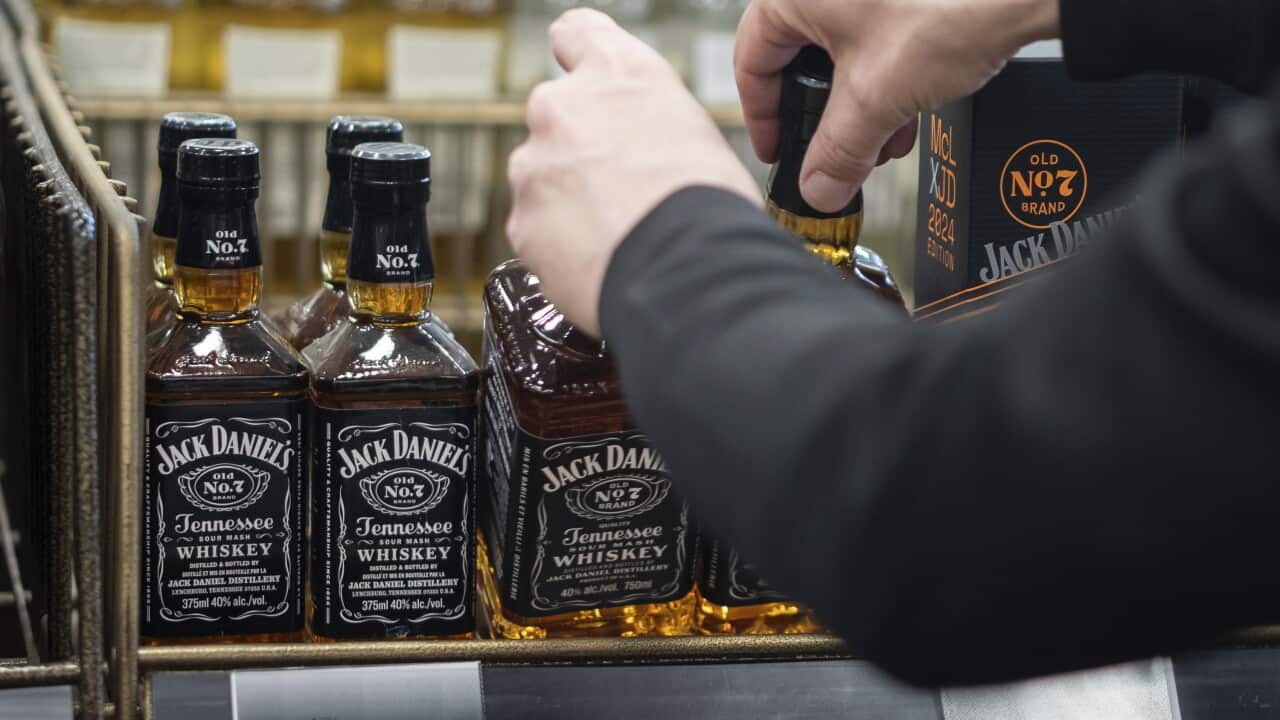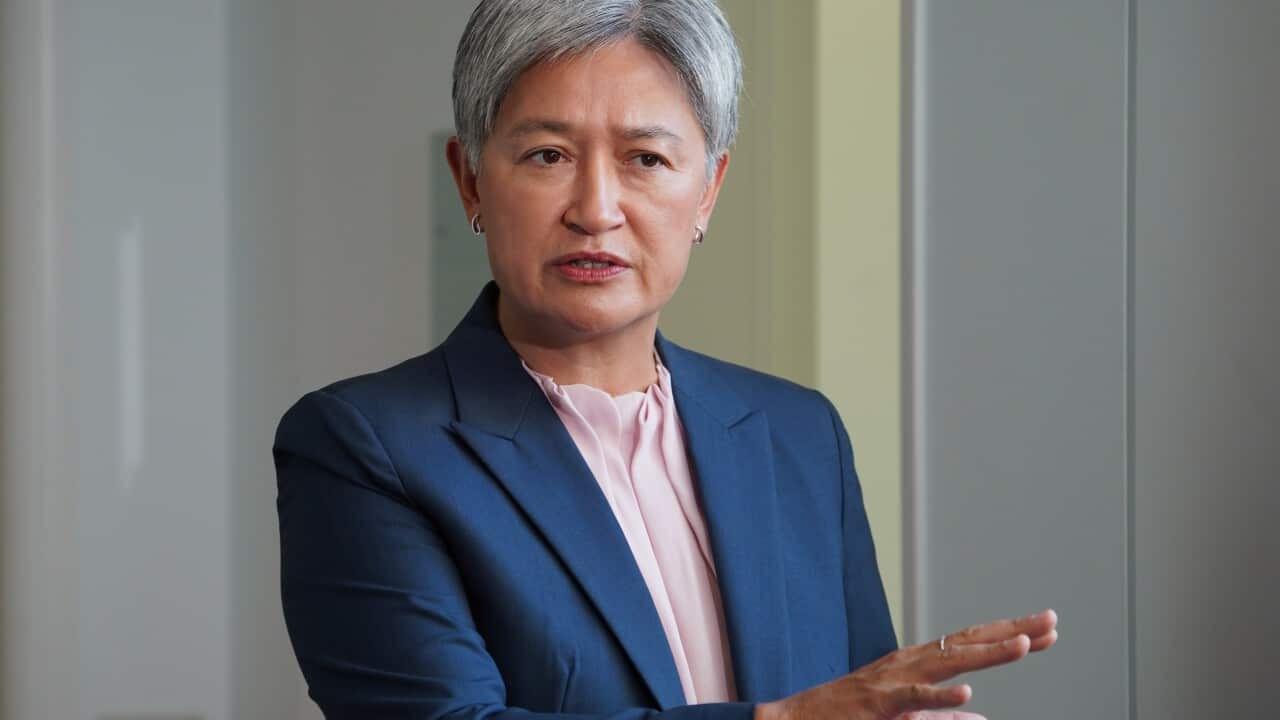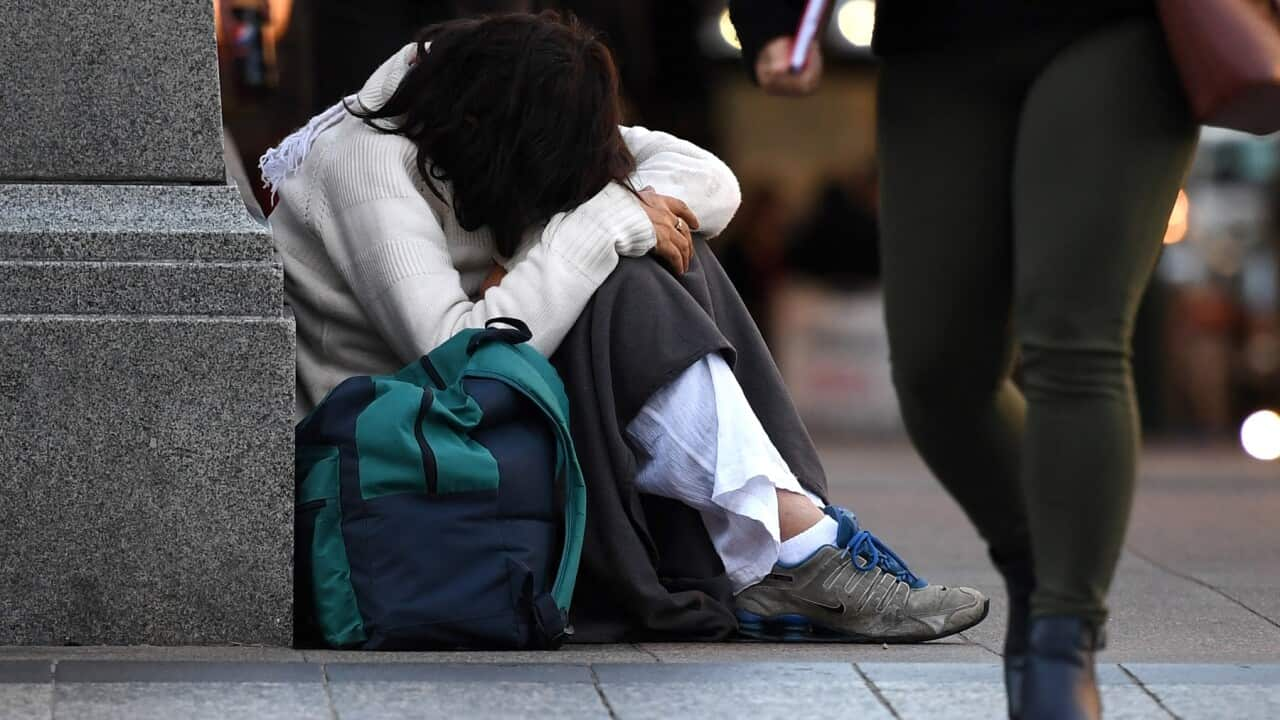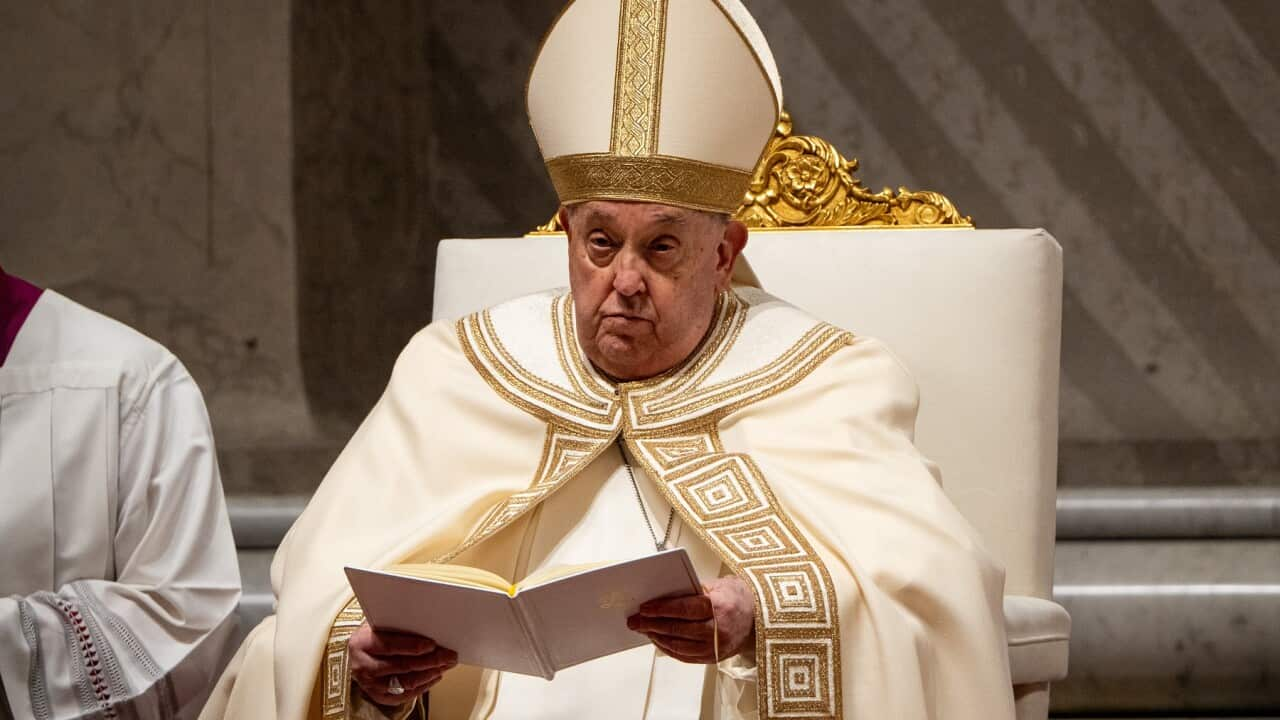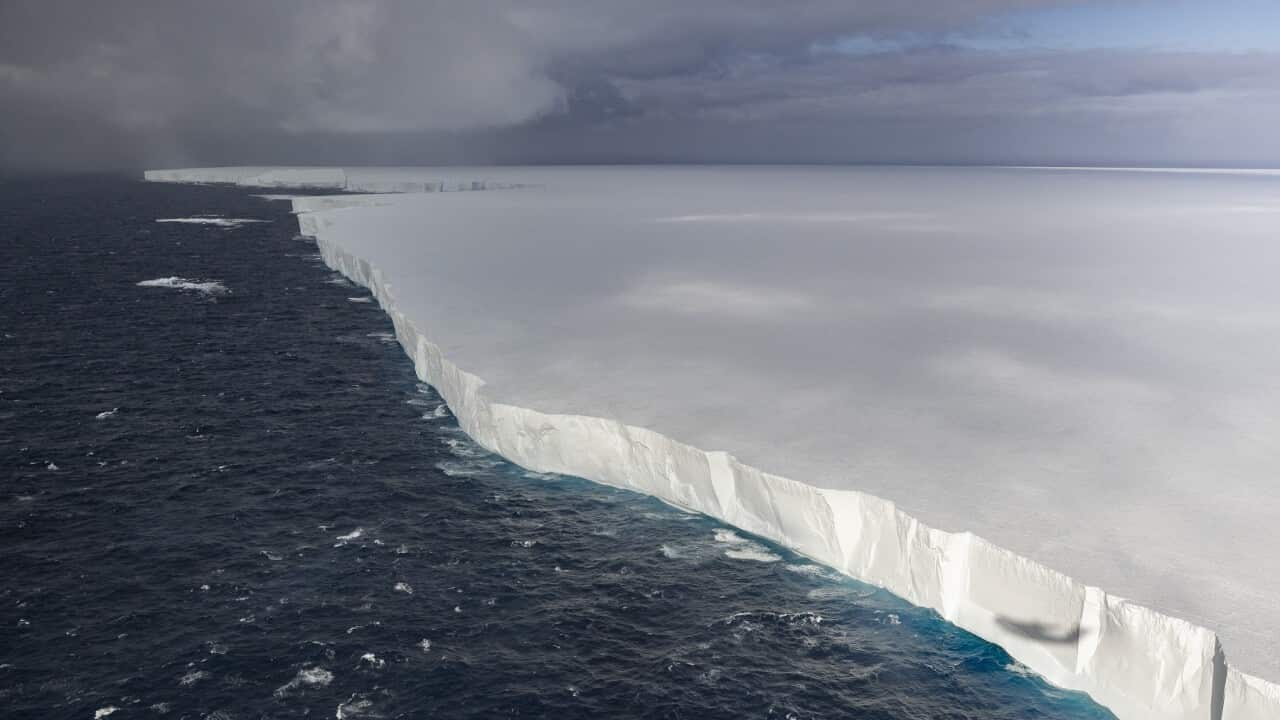TRANSCRIPT
"Look, Mexico and Canada have never been good to us on trade. They've treated us very unfairly on trade, and we will be able to make that up very quickly because we don't need the products that they have. We have all the oil you need. We have all the trees you need, meaning the lumber. We have more than almost anybody in those two categories."
United States President Donald Trump boasting of abundant resources.
That's after he ordered sweeping tariffs on goods from Mexico, Canada and China.
The result: a trade war that could dent global growth and reignite inflation – although, not according to Mr Trump.
"Tariffs don't cause inflation. They cause success, cause big success. So we're going to have great success. And there could be some temporary short term disruption and people will understand that."
Mexico and Canada, the top two US trading partners, immediately vowed their own retaliatory tariffs.
Canadian Prime Minister Justin Trudeau says Canada would impose 25 per cent tariffs against AU$252 billion dollars worth of US goods, including beer, wine, lumber and appliances.
And with that, a warning to the American working class.
"As I have consistently said, tariffs against Canada will put your jobs at risk, potentially shutting down American auto assembly plants and other manufacturing facilities. It will raise costs for you, including food at the grocery store, gas at the pump. It will impede your access to an affordable supply of vital goods crucial for US security, such as nickel, potash, uranium, steel and aluminum."
In three executive orders, Mr Trump imposed 25 per cent tariffs on Mexican and most Canadian imports and 10 per cent on goods from China, starting on February 4.
He pledged to keep the duties in place until illegal immigration to the US comes to an end.
He also wants an end to what he has declared as a national emergency over the drug fentanyl.
Meanwhile Mexican President Claudia Sheinbaum says the allegation that drug cartels have an alliance with the Mexican government is slanderous – a point Mr Trump's administration has used to justify the tariffs.
She says her government has sought dialogue with its top trade partner but has warned of a so-called Plan B.
"Our government has seized more than 40 (metric) tons of drugs in four months, including 20 million doses of fentanyl, it has also arrested more than 10,000 people linked to these groups. We have a strategy, we address the causes and we fight impunity. Every day we work for the security of the country."
But one analyst says the move has nothing to do with the deadly opioid, particularly in the case of China.
This is Einar Tangen, senior fellow at the Taihe Institute.
"I mean this is a fig leaf that Donald Trump wants to punish China. He wants to isolate it. He also wants friend-shoring and it's basically dead. And he's using these issues. The fact is that designer drugs can be made with a chemistry set. There's innumerable chemicals that can be used. So, this idea that China is producing is first off, not true. If you go back in the UN reports, you'll see that China has been seizing drugs, they've been stopping, interdicting anybody who is doing this type of thing."
China says it will challenge Trump's move at the World Trade Organisation and take other countermeasures.
At home, Foreign Minister Penny Wong says Australia is bracing for the reverberating impact.
"President Trump is implementing the agenda he said he would, so that is no surprise. Obviously that's going to affect global markets and we understand that. We also understand that we best approach this by our close engagement with the United States."
Buhui Qiu, Professor of Business And Finance at The University Of Sydney Business School, says that approach might not be enough – instead urging economic resilience.
"This close relationship with US may not give us an exemption – a special status on tariff. So if it because Australia's surplus, trade surplus with with the US is also very big, we have a basically $40 billion of surplus. Canada has about 60 billion. Canada is a bit bigger than us, and both Canada and US are basically close allies with the US. I don't think this is going to give us an exemption."
A different tune from the Nationals.
Leader David Littleproud, while still cautious, says Australia might even win in some sectors.
"The last time President Trump imposed this on many of our trading partners like China, it actually benefited many of the those in the agricultural sector. But we don't want to see that. We would rather see that that world order is restored because obviously this will impact the global economy, which will have impact on an exporting nation like Australia."
Richard Holden, Scientia Professor of Economics at UNSW Business School, says the outcome is likely to be more negative than positive.
"I think that's an admirably glass is half full view from the National's leader. I think he's probably referring to soybeans in particular last time. But I think overall the impact is very, very negative. There may be some isolated kind of pluses for certain producers. But if I was trying to sell Wagyu beef or lobsters or red wine, then I'd be pretty glum about things."
And a different take again from the Opposition.
This is frontbencher Michaelia Cash speaking on the Today Show.
"He's showing that he's a man of action. He was overwhelmingly elected by the American people. He was elected as President. He took the House, he took the Senate. The American people they expect action and that is what they're getting. They'll get the exact same attitude under a Peter Dutton government and I can assure you, just like last time, we will work successfully with the Trump administration."
